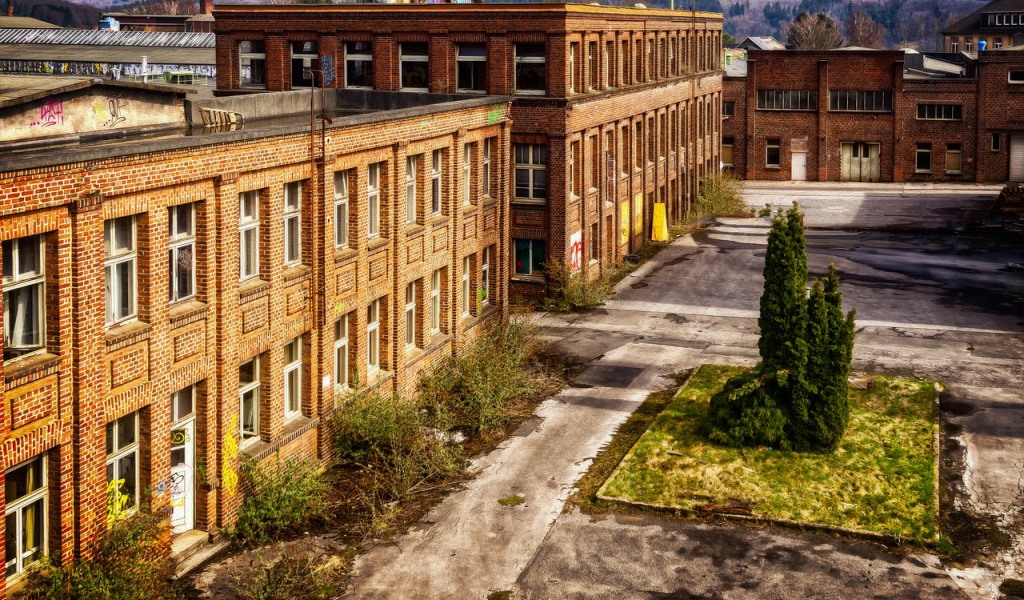On July 13, 2021, redevelopment industry executives and leaders from the New Jersey state government shared their insights on a panel focused on helping communities return stranded assets—such as vacant or underutilized office parks and shopping malls—to productive use.
While each circumstance is different, the most successful single strategy for revitalizing stranded assets usually boils down to three words: repurpose, renew, reconnect. This “3Re Strategy” is described in detail in the 2020 book, RECONOMICS: The Path To Resilient Prosperity.
“The COVID-19 pandemic has changed our economy and our world forever. As we navigate our new normal, it is critical that we help communities find ways to reactivate properties that have become outdated or underutilized,” said NJEDA Chief Executive Officer Tim Sullivan.
“The panel discussion on revitalizing stranded assets provided important inspiration for leaders looking to return vacant or underused properties in their communities to productive use. The NJEDA looks forward to helping communities take the projects this event inspires from concept to reality,” he added.
Speakers included executives at Gensler, Verizon, and Audible, as well as leaders in Governor Phil Murphy’s administration and the New Jersey Economic Development Authority (NJEDA). They discussed strategic uses for these properties, as well as state programs supporting redevelopment of stranded assets, including the NJEDA’s 21st Century Redevelopment Program.
“Governor Murphy’s economic development strategy is centered around equitable and inclusive investment in our communities, and this vision is ever more important as the state recovers from the COVID-19 pandemic,” said Joseph Kelley, Deputy Chief of Staff to New Jersey Governor Phil Murphy.
“Repositioning stranded assets represents a strategic opportunity to drive investment that elevates our communities and improves quality of live for New Jersey families,” he added.
In recent years, a number of demographic and economic trends have resulted in suburban offices and shopping malls across New Jersey emptying out, leaving communities stuck with the costs of maintaining infrastructure and roads around these facilities and a lack of resources to do so. The COVID-19 pandemic has further exacerbated these trends and their negative impact on communities that are home to these stranded assets.
The discussion opened with an overview of Governor Murphy’s economic development goals and State programs that are available to help communities repurpose stranded assets. Sullivan presented on the 21st Century Redevelopment Program, an NJEDA grant program that provides grants of up to $50,000 to help municipalities, counties, and redevelopment agencies develop plans to repurpose vacant properties into productive economic assets.
“As we look ahead to a post-pandemic future, malls are a market segment ripe for repositioning into a number of mixed uses. There is an opportunity to rethink these underutilized assets and develop pedestrian orientated communities in New Jersey,” said Gensler Co-Chairman Joseph Brancato.
“There is tremendous value in putting together complementary uses that energize the district and provide measurable impact for both the public and private sectors,” he continued.
Sullivan also discussed the New Jersey Economic Recovery Act of 2020 (ERA), which creates a suite of programs, including tax credits to incentivize job creation, new construction, and revitalization of brownfields and historic properties; financial resources for small businesses; support for new supermarkets and healthy food retailers in food desert communities; new funding opportunities for early-stage companies in New Jersey; and support for the growing film and digital media industry.
Following the presentation on New Jersey’s State programs, Gensler Co-Chairman Joseph Brancato discussed examples of Gensler projects that reimagine stranded assets, including Rosedale Center Mall in Roseville, MN, One Westside Pavilion in Los Angeles, CA, and the upcoming mixed-use development, M Station at Morristown in NJ.
Verizon SVP John Vazquez and Audible Vice President of Urban Innovation Aisha Glover also discussed projects they had worked on that transformed vacant or underutilized properties into community assets.
“We owe a standard of care to our communities to ensure vacant or underutilized assets are additive to society based on sustainable redevelopment of spaces for new needs, including creating open spaces, meeting places and trees,” said John Vazquez, SVP Global Real Estate and Global Supply Chain at Verizon.
The event concluded with an open panel discussion and audience Q&A moderated by NJBIZ Managing Editor Linda Lindner.
“The return to public life in the aftermath of COVID-19 presents a rare opportunity for businesses and communities to re-imagine what is possible in our public spaces,” said Aisha Glover, Vice President of Urban Innovation at Audible.
“Reinvigorating stranded assets is essential for creating new spaces that better serve our communities and I’m hopeful that discussions like these will inspire equitable change,” she concluded.
Learn more about the 21st Century Redevelopment Program.
Watch a recording of the entire presentation and panel discussion.

